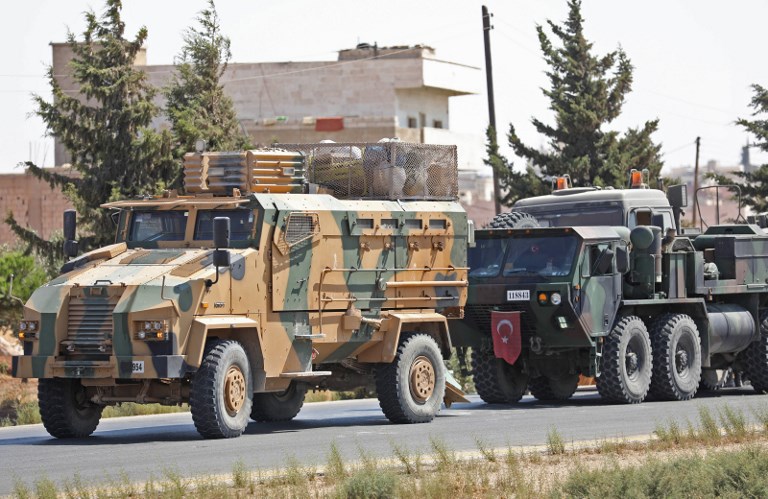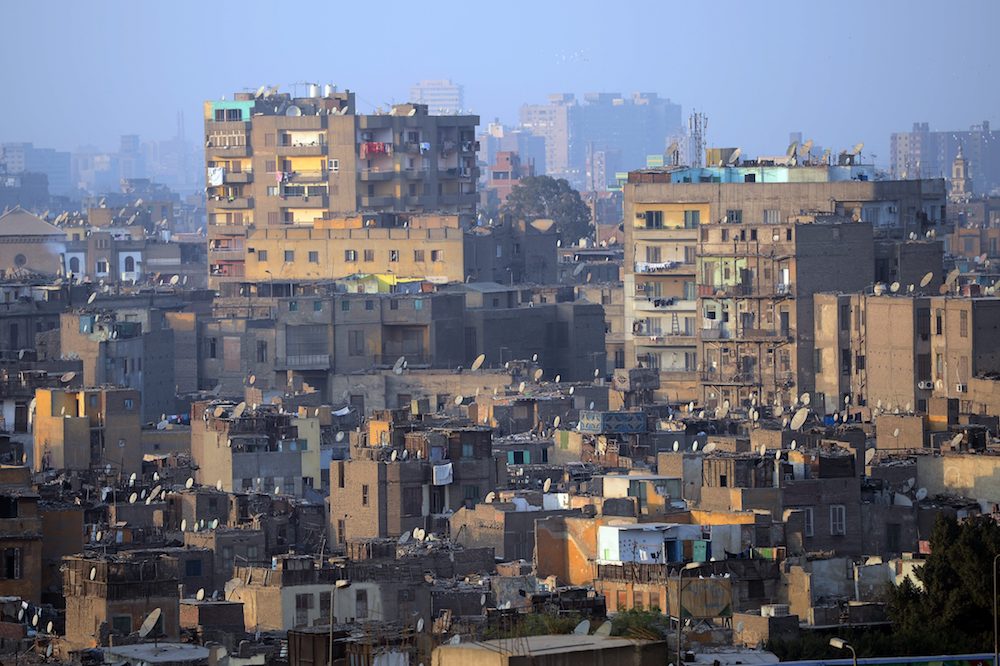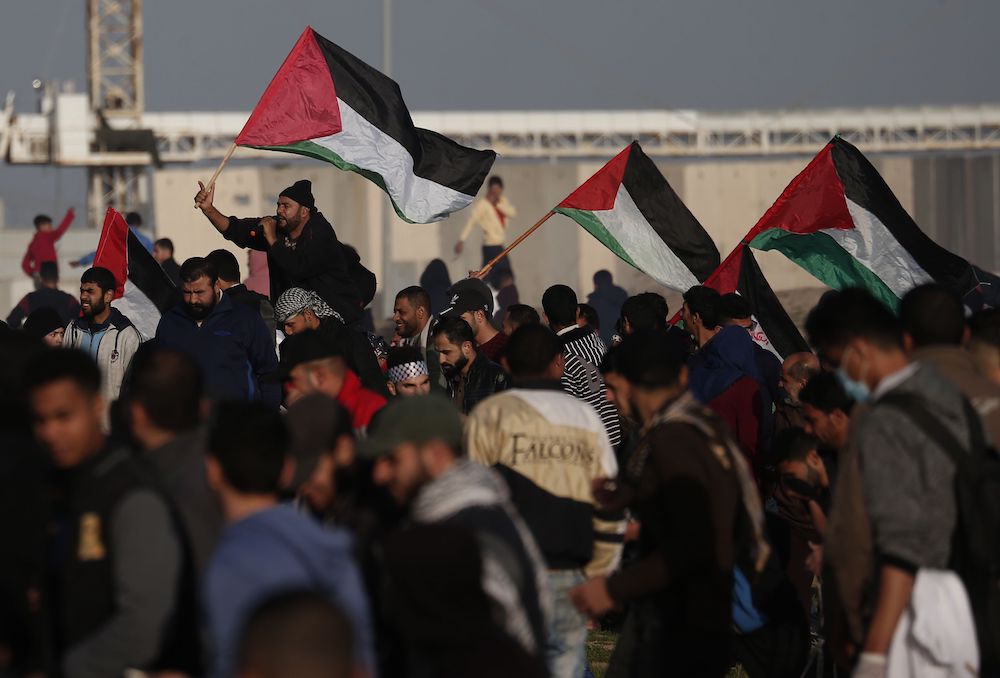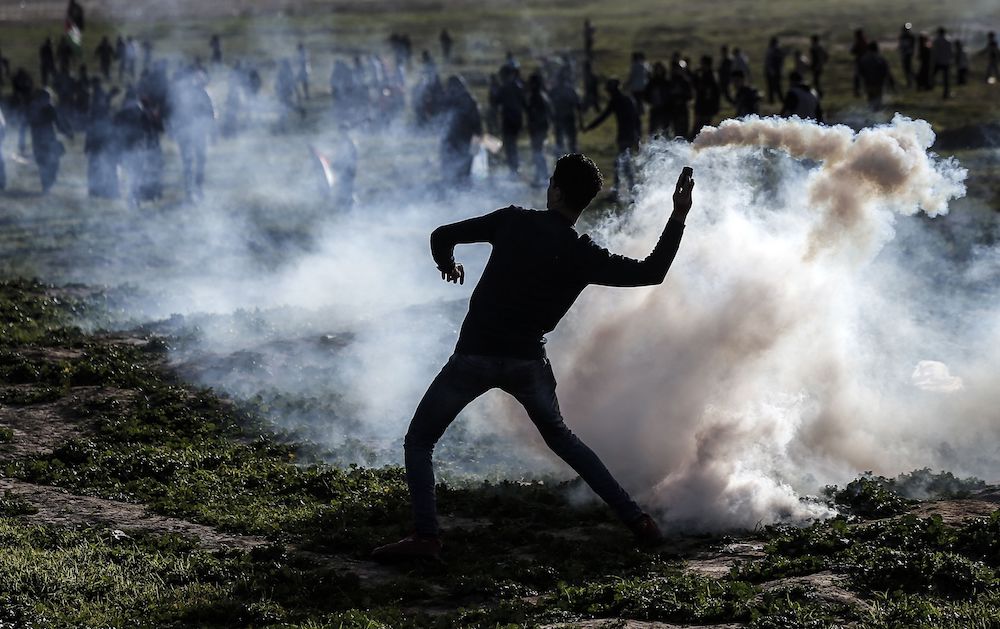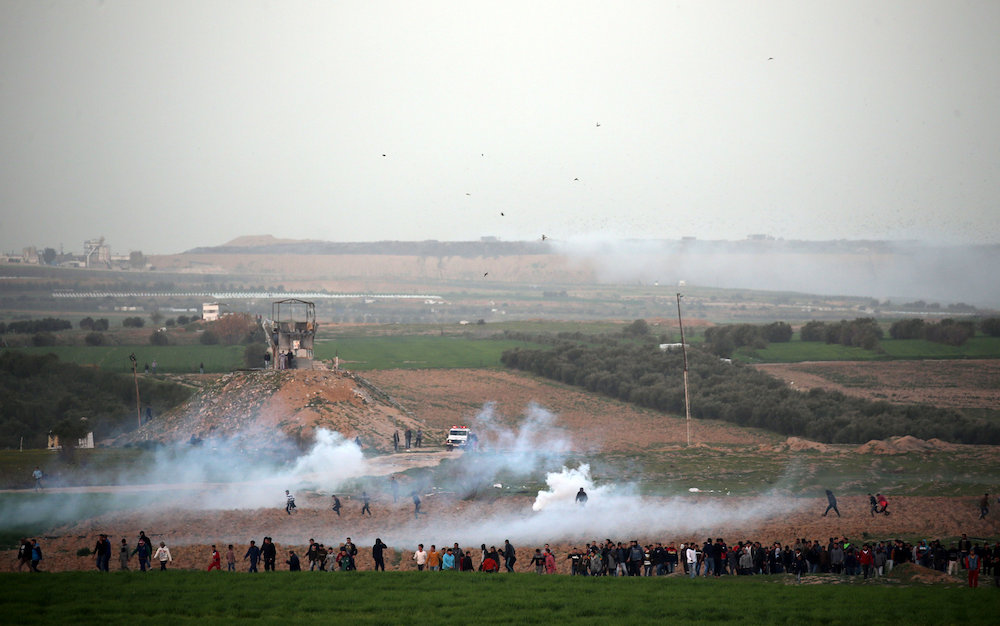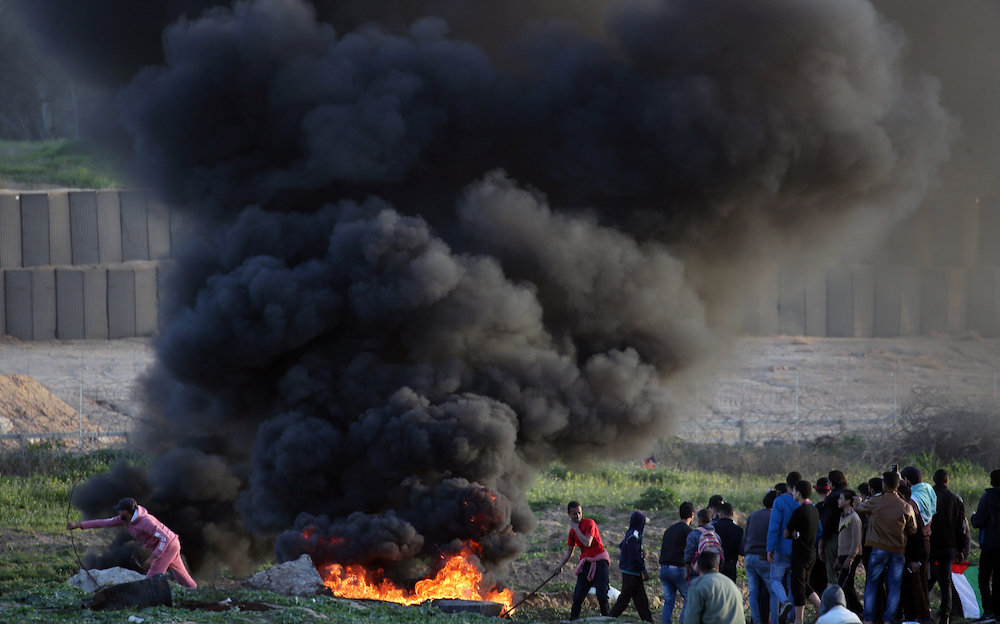Tunisia, Russia call for Arab League to readmit Syria
TUNIS: Syria’s “natural place” is within the Arab League, Tunisia’s foreign minister said Saturday, ahead of the organization’s annual summit in Tunis in March.
“Syria is an Arab state, and its natural place is within the Arab League,” Khemaies Jhinaoui said during a news conference with his Russian counterpart Sergei Lavrov, who is on a tour of North African countries.
The Arab League suspended Syria’s membership in November 2011 as the death toll in the country’s civil war mounted.
“The question of Syria returning to the Arab League does not depend on Tunisia but on the Arab League,” Jhinaoui said.
“The foreign ministers (of member states) will decide on this subject,” he added. “What interests us is Syria’s stability and security.”
Persistent divisions between the Arab League’s member states have worked against Syria’s readmission.
Russia’s intervention in Syria’s war since 2015 in favor of President Bashar Assad has turned the tide of the conflict in the regime’s favor.
The United Arab Emirates reopened its embassy in Damascus in December, the same month Sudanese President Omar Al-Bashir made the first visit of any Arab leader to the Syrian capital since the start of the war.
But Qatar earlier this month rejected normalizing ties with Assad.
Lavrov backed overtures to readmit Syria.
“As we have discussed in Algeria and Morocco over the past few days, we would like Tunis to also support Syria’s return to the Arab family, the Arab League,” he said in Tunis.
Lavrov, who has also visited Morocco on his tour, said that Tunisia and Russia agreed to ramp up “anti-terror cooperation.”
In reference to Franco-Italian differences on Libya, he said: “We must harmonize the efforts of outside mediators seeking a settlement to the Libyan conflict.
“This must be done under the sponsorship of the United Nations and taking into account the points of view of neighbors such as Tunisia, Algeria and Egypt.”
Russia’s foreign minister, winding up his North Africa visit, also met Tunisia’s president and prime minister on Saturday.
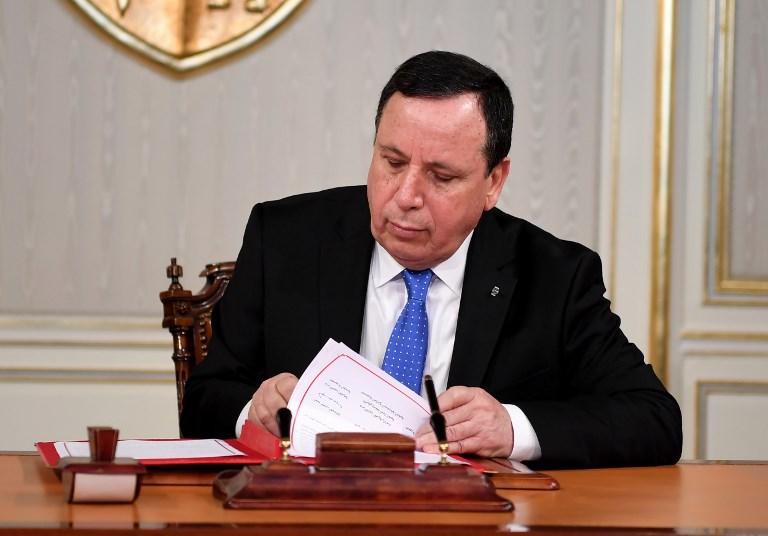
Arab states snub Syria over summitIraq says it supports Syria’s return to Arab League

